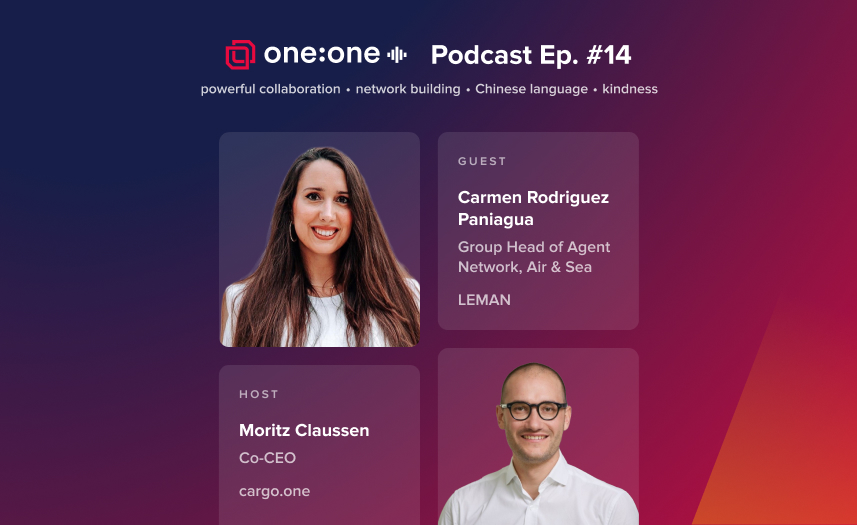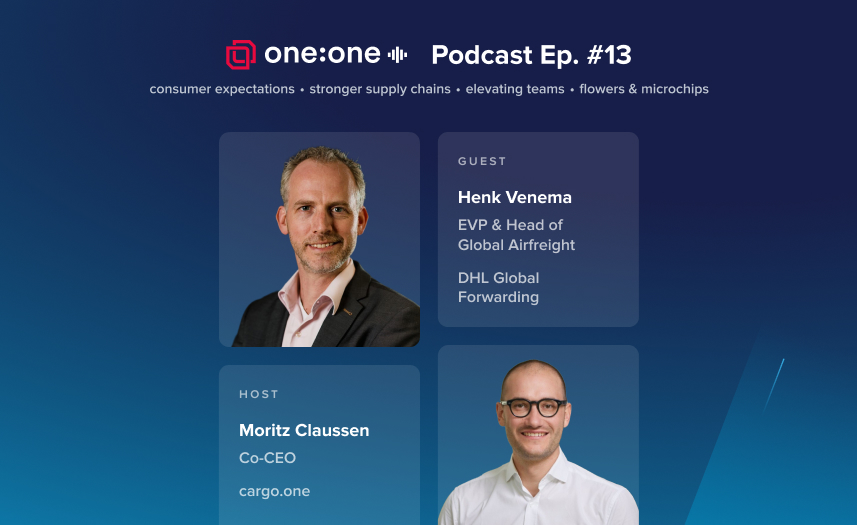CNS sessions explore industry progress, with Moritz Claussen
Cargonauts played an active part at the CNS 2024 conference in Dallas last month, meeting with customers, partners and industry friends from the USA and beyond. The CNS program was an insightful range of sessions that addressed industry priorities, with a particular focus on how to achieve efficient, safe and sustainable growth. Once again, CNS identified macro challenges and the best examples of collaboration to advance and strengthen the ecosystem for the years ahead.
Welcoming the community, Brandon Fried, Executive Director of the Airforwarders Association, spoke about how air cargo infrastructure investments are critical to guarantee an optimal flow of goods. He warned that inadequate investment for the long term would lead to inefficiency that “disrupts supply chains and hinders economic growth”. As well as upgrades to facilities at key hubs across the US, Brandon also championed further digitalization and automation.
Within his Keynote address, Andres Bianchi, Chief Executive of LATAM Cargo, called for greater cooperation between stakeholders in order to maximize upon the best sustainable aviation fuel (SAF) initiatives and developments. He argued that collaboration is key to reaching net zero emissions by 2050 in areas such as enhancing global infrastructure and operations, using carbon offsetting, and driving emerging technologies and fuels such as hydrogen. Andres shared, “Understanding this problem thoroughly and having the right discussions about what we want to push and what we need to prioritize is important.”
Driving standards, embracing reforms
As part of the Plenary session, cargo.one’s Founder & Co-CEO Moritz Claussen joined other air freight experts to explore the “State of the industry - Partnering for a changing world”. The session once again featured moderator Brandon Fried, as well as Michelle Williams, MD Strategy & Business Services at Southwest Airlines, Susana Pereira, VP IAF Global Procurement at UPS, and Salih Kamil Salihoğlu, Cargo VP Americas at Turkish Airlines.
There was a consensus that greater US reporting requirements is an aspect that the sector will accommodate successfully. Michelle said, “The regulations are designed to keep our aircraft safe, our people safe. It’s something we need to respond to with a safety-first mindset – and be grateful that we have regulations in place for all the different facets of our business.”
The value of collaboration strategies was a key takeaway, with speakers agreeing that the right partnerships are essential to unlock better efficiencies, experiences and sustainability gains. Salih pointed to Turkish Cargo’s strategy to harness network partners in regions such as South America. He called upon all stakeholders to embrace “some new forms of collaborations in the future in our industry.”
The panelists agreed that the pace of innovation was greatly boosted by the pandemic, and the challenge now is to ensure that this pace is continued. Michelle described how Southwest Cargo has “made incredible strides incorporating IT and innovation” into its air cargo services. Susana added that UPS is also investing strategically in a “fully digitalized customer experience”, and the company views data connectivity as key for the future.
Digitalized sales is an area of rapid progress
Digital sales is a strong example of where innovation and collaboration globally have worked cumulatively to drive up standards and experiences. Moritz recalled how the US forwarding industry was initially behind Europe for digital adoption, digitalization and automation, but has caught-up fast.
Moritz offered digital air cargo procurement as an example of how forwarders can drive more value from their existing teams and better scale their operations. By digitalizing the buy rate environment and digitally enabling collaborations between forwarders worldwide, many gains are felt across the ecosystem.
Equipped with a real time view of both the market and their shipment activities, forwarders can now better serve customers in real time. Moritz underlined the value gained from high quality industry connectivity through APIs, which enables both forwarders and airlines to improve aspects of their agility, competitiveness and operational efficiency.
Digital innovation continues to offer new routes to transform air cargo speed and accuracy. The panel agreed that evolving forms of connectivity and digital collaboration could deliver exciting ways to advance and strengthen air freight in the years ahead.

















.jpg)

